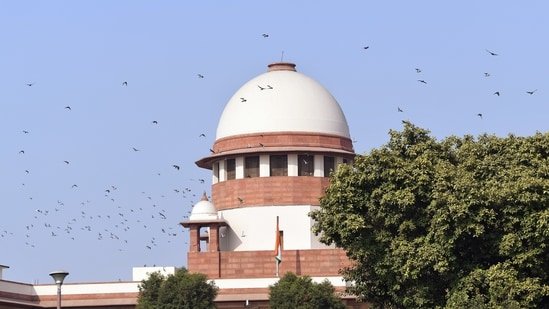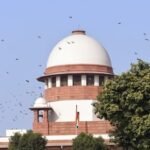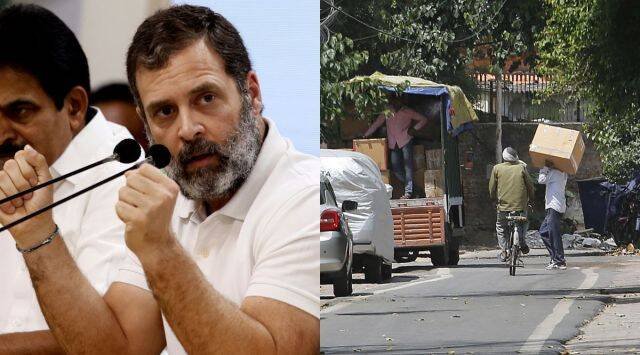The Supreme Court of India continued to hear a batch of petitions seeking legal recognition for same-sex marriages for the third day in a row. During the hearing, the mandatory 30-day notice inviting public objections to an intended marriage under the Special Marriage Act 1954 was termed “patriarchal” and making it “open for invasion by society” by the Constitution Bench led by Chief Justice of India DY Chandrachud.
While Justice Bhat said that the notice system was “only based on patriarchy” and “these laws were made when women did not have an agency,” CJI Chandrachud noted that “this is like laying them open for invasion by the society, including the Superintendent of Police, the District Magistrate, etc.” If the intent behind the notice is to prevent marriages that could end up being unlawful, then the method is not proportional, he added.
Senior Advocate Dr Abhishek Manu Singhvi, appearing for the petitioners, argued against the mandatory 30-day notice period in the SMA, saying that personal laws in the country “don’t discriminate,” unlike the SMA. The CJI further noted that “there are no absolutes” in response to the contention against homosexual couples raising children and questioned the impact of domestic violence on children of a heterosexual couple.
The petitioners argued that if straight couples who cannot procreate are allowed to marry, why not same-sex couples. They also argued that the right to marry a person of choice is guaranteed under Article 21 (Protection of Life and Personal Liberty), and “I should not have to give notice to exercise my fundamental right” as demanded by the Special Marriage Act. The hearings are set to resume on April 24.





